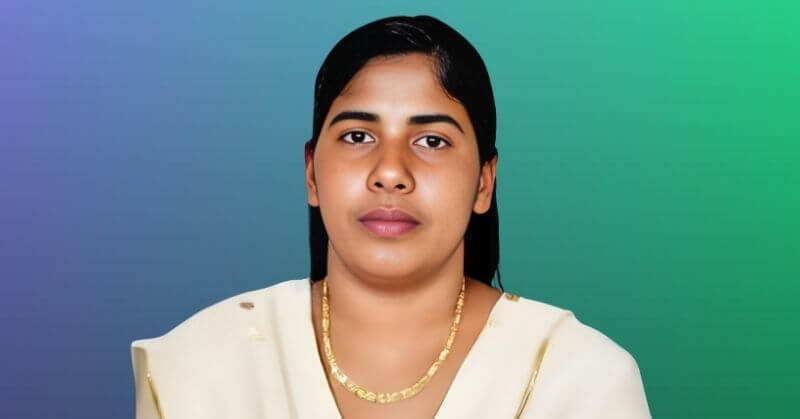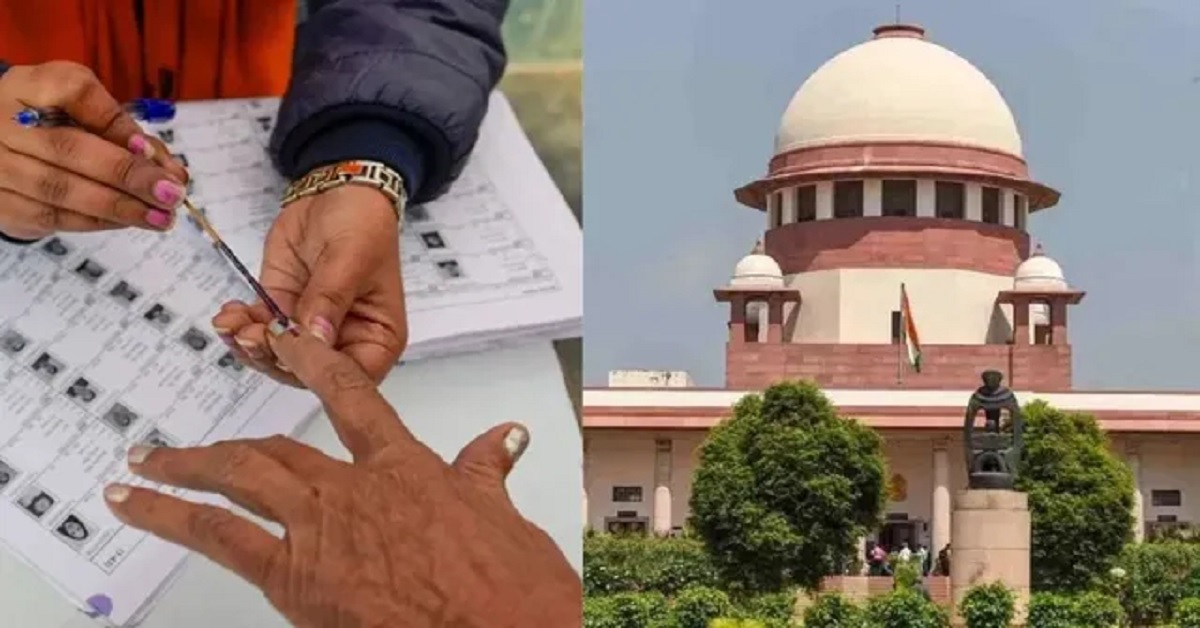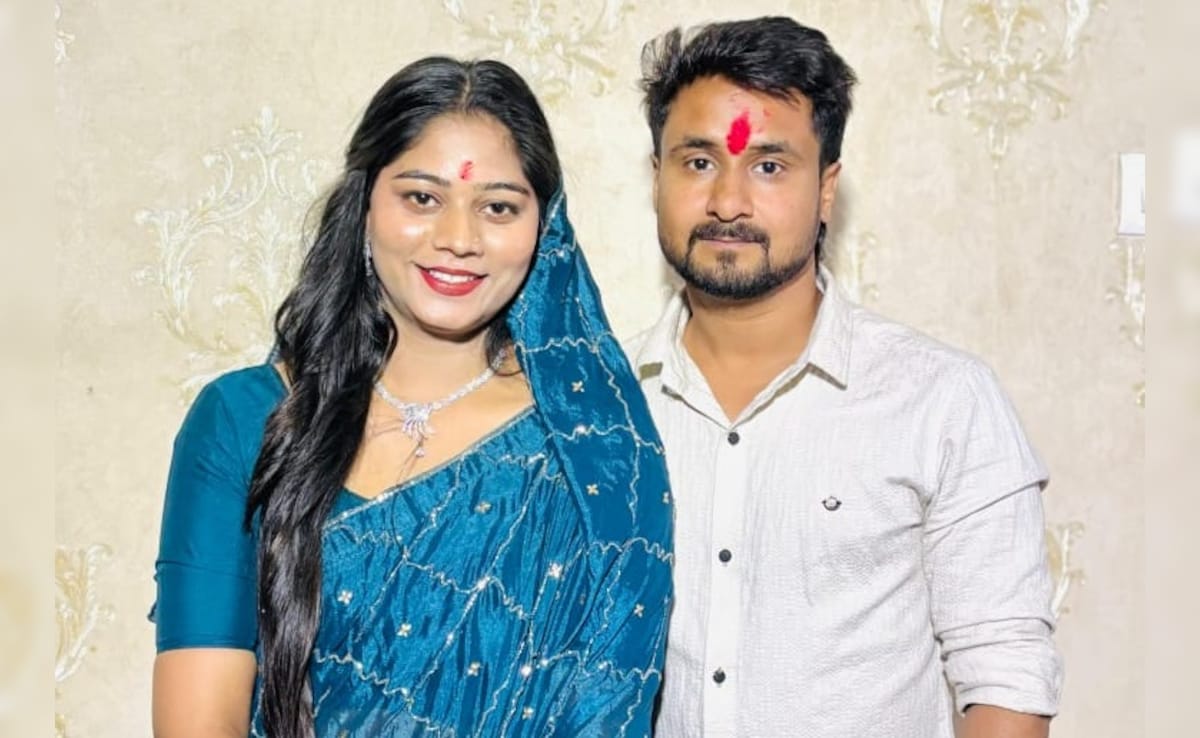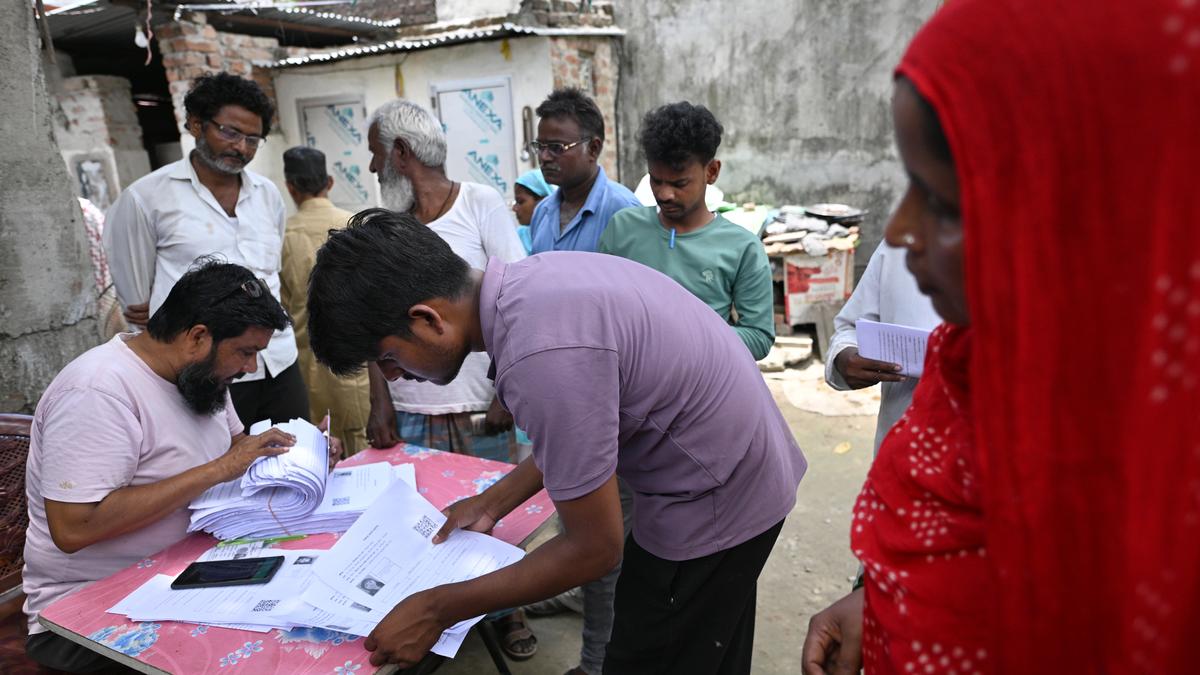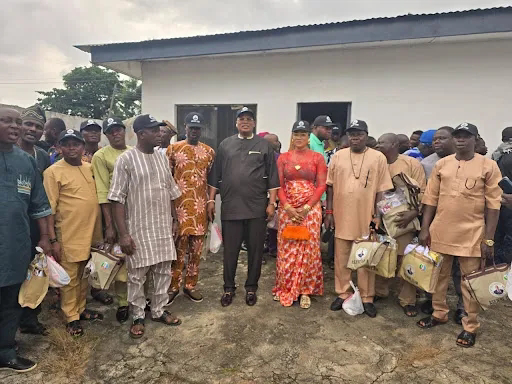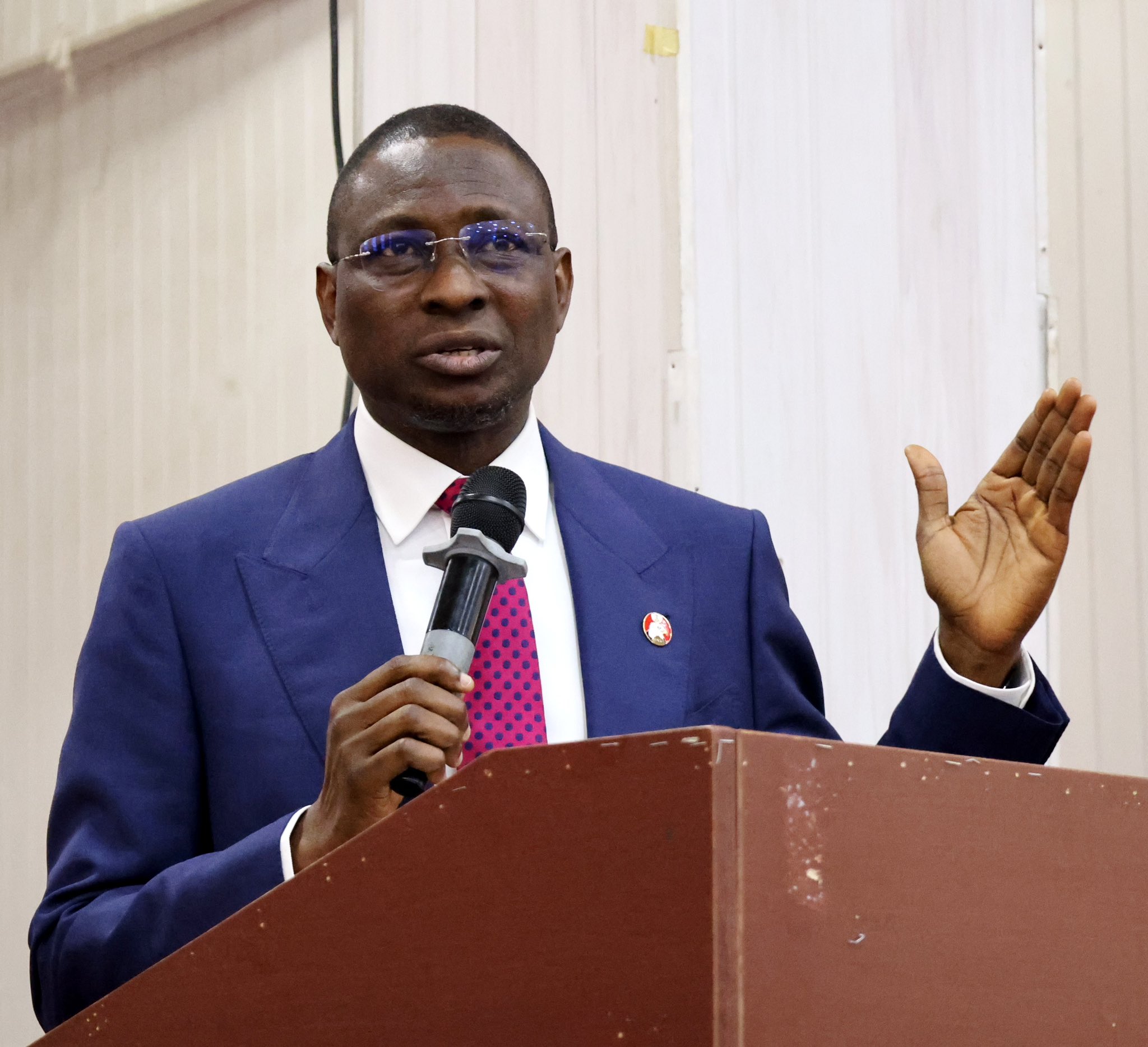Earlier on Monday, the office of Indian Grand Mufti Kanthapuram A.P. Aboobacker Musliyar had issued a statement claiming that the Yemeni authorities had officially canceled Priya’s death sentence. This claim came after a high-level meeting in Yemen’s capital, Sanaa, during which the decision was reportedly made to permanently overturn the sentence, which had previously been suspended.
According to a statement from the Grand Mufti’s office, the execution order, which had been temporarily stayed, had been officially revoked. The statement was initially quoted by ANI, but MEA sources later dismissed it as incorrect. The Indian government has not received any official confirmation from Yemen regarding the cancellation of the death sentence.
Nimisha Priya, 38, was initially scheduled for execution on July 16, 2025. However, her execution was postponed just one day before the scheduled date, following a direct appeal by Grand Mufti Musliyar to Yemeni authorities urging them to reconsider the death sentence. Despite reports indicating a breakthrough, the MEA’s position remains firm, denying the claims of a permanent reprieve.
Background of the Case
Nimisha Priya, hailing from Kollengode in Kerala’s Palakkad district, had moved to Yemen in 2008 in search of better work opportunities. She had trained as a nurse and later entered into a business partnership with a Yemeni national, Talal Abdo Mahdi. Together, they ran a clinic in the Yemeni capital, Sanaa. However, their relationship reportedly soured when Mahdi allegedly harassed Priya, falsely claimed to be her husband, and confiscated her passport, preventing her from returning to India.
In an attempt to retrieve her passport in 2017, Priya reportedly sedated Mahdi. The attempt went tragically wrong, and Mahdi died from an apparent overdose of the sedatives. Priya was arrested and later convicted of his murder in 2018. In 2020, the Yemeni court sentenced her to death.
The case gained significant international attention, particularly after the Yemeni President Rashad al-Alimi and Houthi leader Mahdi al-Mashat approved her execution in late 2024 and early 2025, respectively. Despite the legal processes, Priya’s execution was halted after significant diplomatic intervention from India and religious figures, including Grand Mufti Musliyar.
Religious and Diplomatic Efforts
Grand Mufti Musliyar’s office had played a key role in preventing the execution, using his religious networks and connections to advocate for clemency. His outreach to Shaikh Habeeb Ummer, a prominent Sufi cleric from Yemen, was instrumental in persuading the Yemeni authorities to delay the execution. This religious diplomacy, coupled with Indian government efforts, helped push back the execution.
Dr. K.A. Paul, a prominent Indian Christian evangelist, also took active steps to appeal for Priya’s release. Along with Priya’s family, including her 13-year-old daughter Mishel and her husband Thomas, Dr. Paul visited Yemen to engage with the Houthi authorities. A video shared by news agency PTI showed Mishel emotionally speaking to her mother, expressing her love in a mix of Malayalam and English, further highlighting the emotional toll the case had on her family.
Indian officials from the Ministry of External Affairs (MEA) had also been closely involved, providing legal assistance and regular consular visits to Nimisha Priya. They were in touch with “friendly governments” to facilitate her release and eventual repatriation.
The Controversy Over the Revocation
The announcement that Nimisha Priya’s death sentence had been overturned was met with mixed reactions. According to ANI reports, Grand Mufti Musliyar’s office claimed that a high-level Yemeni meeting had decided to cancel the death sentence, but the news was later corrected as inaccurate by Indian officials. ANI even deleted its original post, citing misinformation.
The execution, which had been set for July 16, was delayed by a day following the intervention of Grand Mufti Musliyar. His office clarified that while the death sentence was temporarily stayed, it was not officially canceled, as no written confirmation had been received from the Yemeni authorities. Despite the confusion, Indian officials have continued to call the situation “extremely sensitive” and have not yet confirmed whether the death sentence will be fully revoked.
Conclusion
While conflicting reports continue to emerge about the status of Nimisha Priya’s death sentence, the Indian government’s efforts, in collaboration with religious leaders and international stakeholders, have managed to delay her execution. The Indian Ministry of External Affairs is actively engaged in ongoing diplomatic efforts to resolve the case, emphasizing the complexities of Yemen’s legal and political environment.
For now, the execution remains postponed, and Nimisha Priya’s fate hangs in the balance as both the Indian government and religious figures continue to work toward securing her release.


